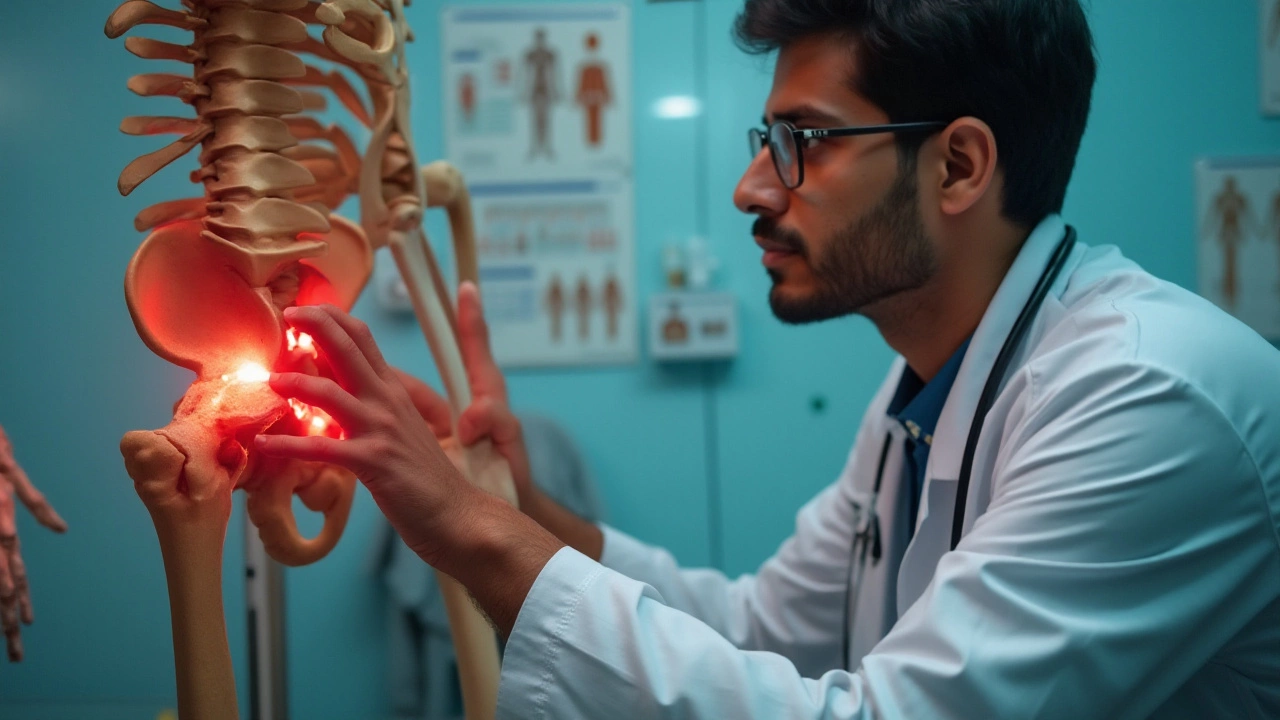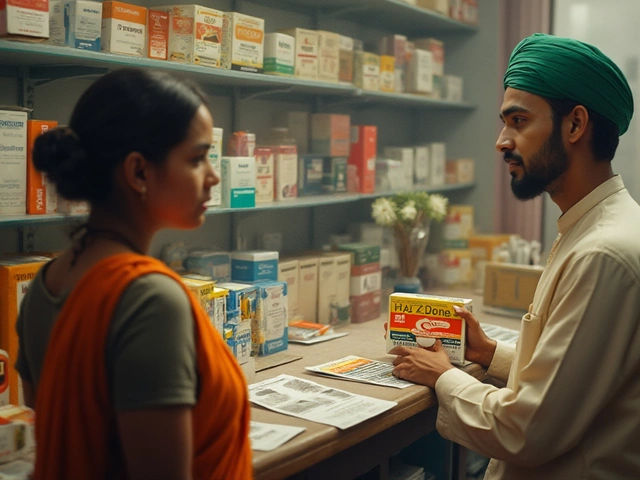Bone Healing: Practical Tips to Speed Up Recovery
If you’ve just broken a bone or are dealing with a slow fracture, the first thing you want is to get back to normal fast. The good news is that your body already knows how to repair bone – you just have to give it the right tools. In this guide we’ll cover everyday actions, foods, and supplements that really help, and also point out medicines that can hold back the healing process.
Nutrition and Supplements that Boost Bone Repair
What you eat matters a lot for bone health. Calcium is the classic hero, but you also need vitamin D to let your body absorb it. Dairy, leafy greens, and fortified plant milks are easy sources. A handful of almonds or a glass of orange juice with added calcium can fill gaps.
Vitamin K2, found in fermented foods like natto or cheese, tells your body where to put calcium – into bone, not arteries. If you’re not a fan of these foods, a low‑dose supplement works well.
Protein provides the building blocks for new bone matrix. Aim for 1.2‑1.5 grams per kilogram of body weight daily – think eggs, lentils, fish, or a protein shake if you’re recovering from surgery.
Magnesium, zinc, and vitamin C also play roles. A daily multivitamin that includes these minerals can smooth out any gaps in your diet, especially when you’re eating less because of pain.
Medicines and Toxic Substances that Slow Healing
Not all pills are friendly to bone repair. Steroid drugs, even short courses for inflammation, can cut down the amount of new bone your body makes. If your doctor prescribes steroids, ask about the shortest possible dose.
Non‑steroidal anti‑inflammatory drugs (NSAIDs) like ibuprofen are popular for pain, but studies show they can interfere with the cells that build bone. Using them for a few days after a fracture is usually okay, but long‑term use should be avoided.
Some over‑the‑counter supplements claim to speed healing but contain heavy metals or untested herbal extracts. In India, certain ayurvedic preparations have been found to contain lead or mercury, which can weaken bone and delay recovery. Stick to reputable brands that disclose testing results.
Talk to your pharmacist about any prescription you’re taking. Blood thinners, for example, don’t stop bone healing but can increase bleed risk around the fracture site. Adjusting timing or dosage under medical supervision can keep you safe.
In short, eat calcium‑rich foods, add vitamin D and K2, keep protein up, and be picky about what you swallow. Avoid long courses of steroids and NSAIDs, and steer clear of unverified herbal mixes. Follow these steps, and you’ll give your skeleton the best chance to knit itself back together quickly and safely.

Understanding the Most Challenging Bone Fracture to Mend
Bone fractures can vary in severity and healing potential. Among these, certain bones pose significant challenges in terms of recovery due to their location and blood supply. This article delves into which bone is the hardest to heal, exploring the reasons behind its complexity. It also provides useful insights into the healing process and recovery tips for better fracture management.

Which Celebrities Have Undergone IVF Treatment?
Nov, 20 2025



